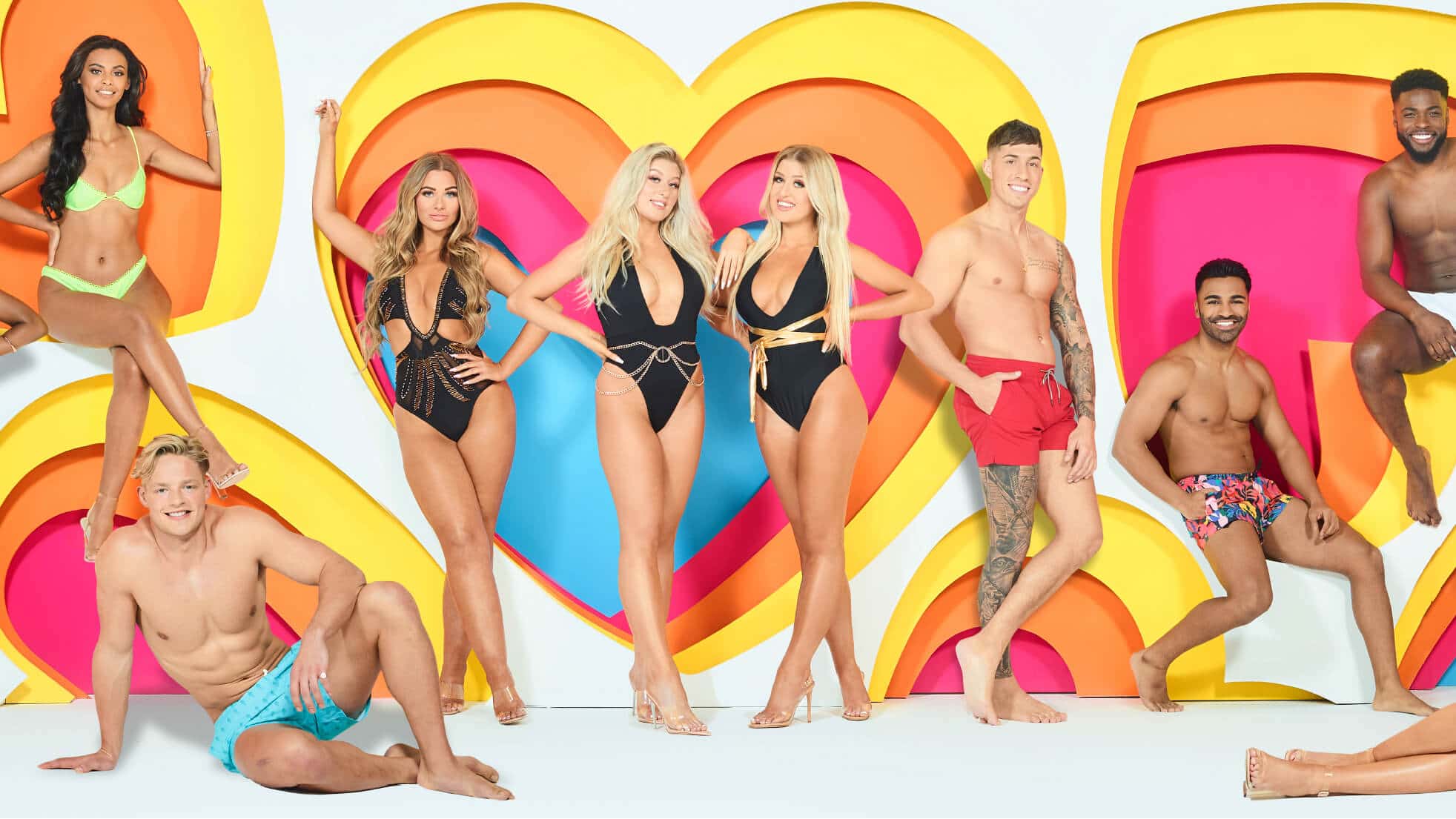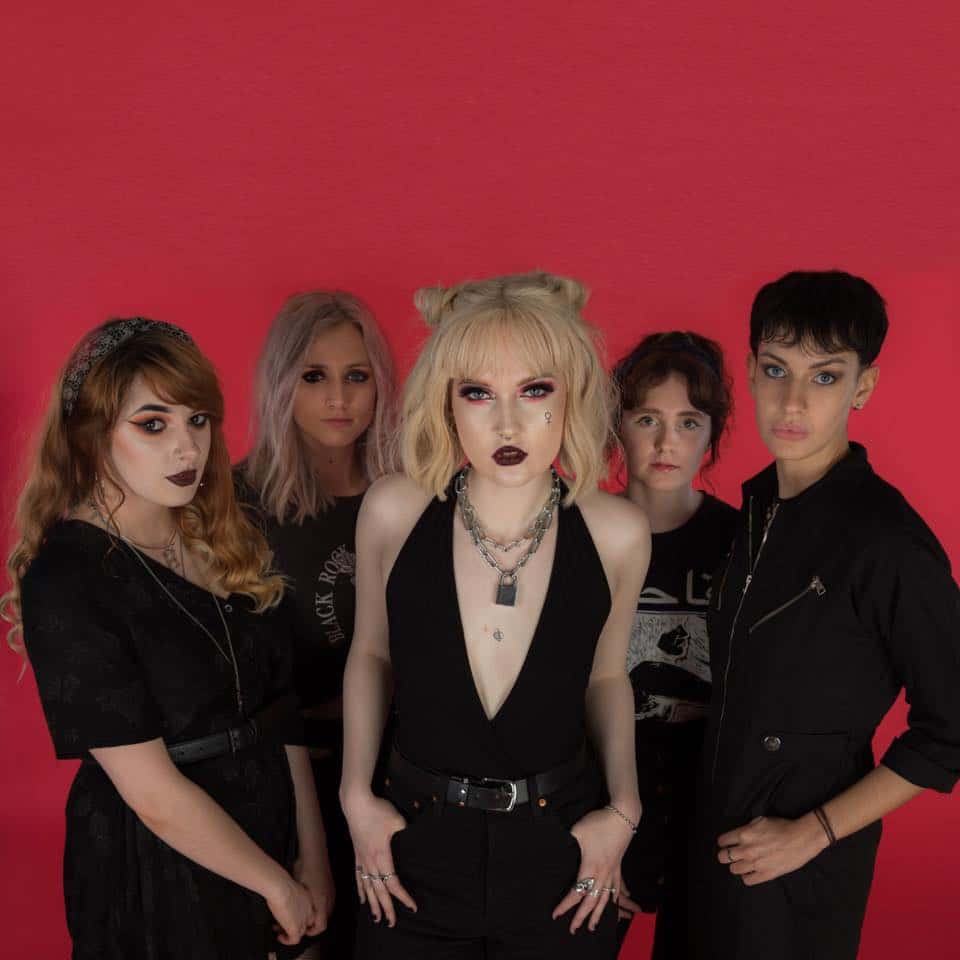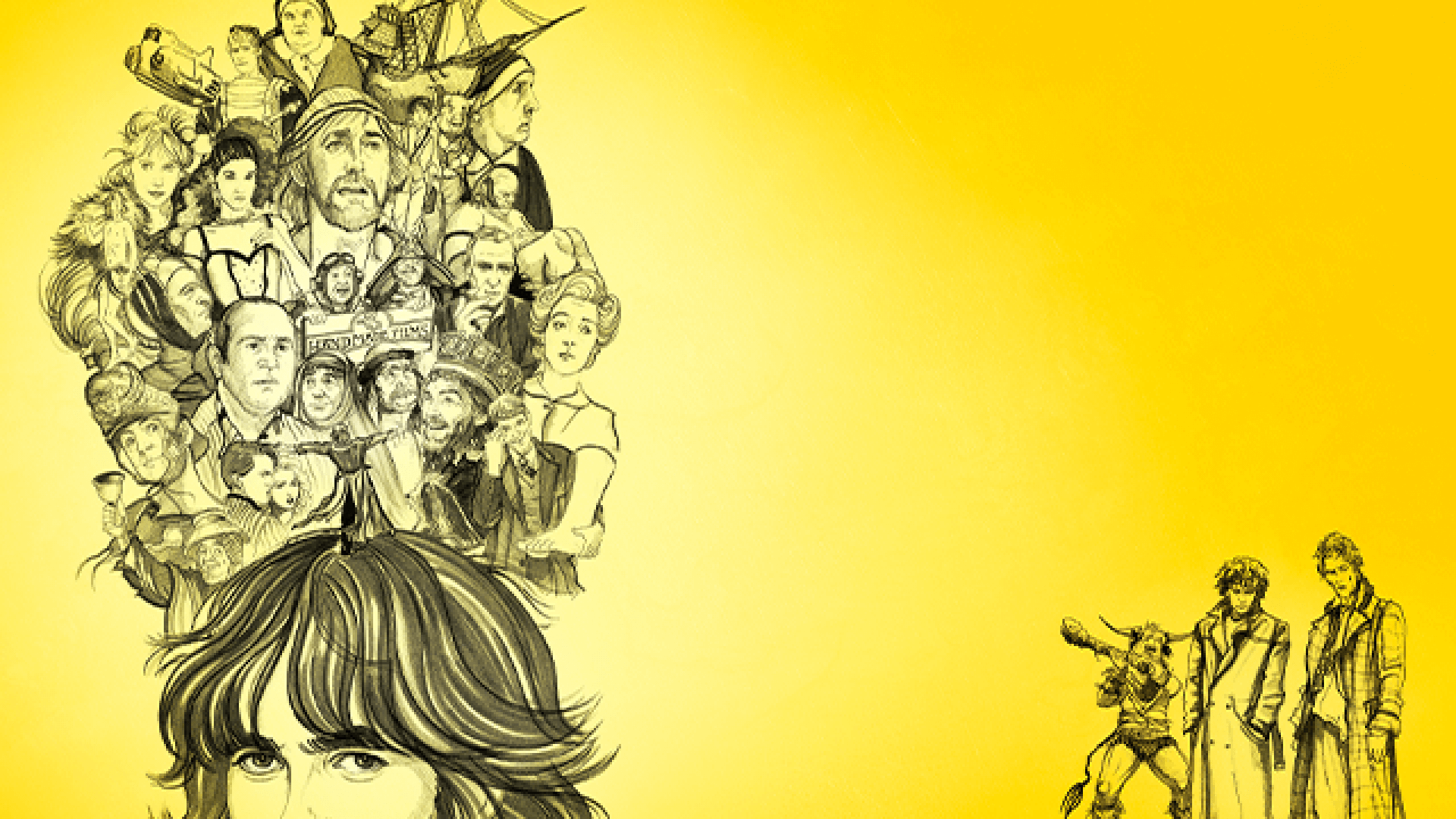Love Island, Where’s the Representation?
30th January 2020ITV’s Love Island is one of TV’s biggest sensations these days, with 4.2 million viewers tuning in to the first episode of the 2019 season across all devices. It’s clearly a phenomenon, but could there be a dark side to this immense popularity?

Copyright: ITV
Love Island is a reality show based on finding love, with contestants ‘coupled up’ right from the get go to compete for the grand prize of £50,000. Promotional materials for the show often include bikini-clad women and men in swimming trunks to fit the theme of it being an idyllic paradise where you can find love whilst lounging by the pool. The question to be asked here is, is this truly realistic?
I’m not referring to the nature of the show, but the contestants that appear on it. The problem with this is that ITV tends to cast the same types of men and women for their cast each year. The women usually have filled cheeks and lips, big boobs, a flat stomach and the highly coveted thigh gap whilst the men are usually well-built and muscled. Long story short, they all have the ‘ideal’ body. This is problematic, especially when you consider that Love Island is aimed at young people.
Teens are notorious for being rather easily influenced and they pick up on trends the most out of any generation, as shown with the TikTok craze that seems to be occurring everywhere you look in a school. Seeing these ideal bodies on their screens seven nights a week could be harming them in ways you can’t immediately see. Showing perfect figures so frequently can normalise this unrealistic standard and almost force teens into thinking that they have to look like this if they want to find love themselves. It’s obviously a toxic mindset. So how can we combat this?
The solution to this problem is very clearly representation. We need more diverse body types in the villa. Would It really hurt to include more than one ‘token’ plus size in the villa looking for love? What about a man who has less muscle and a broader build than the personal trainers and models currently filling the show to the brim? Representation is essential to normalising normal bodies and letting teens and young adults know that there actually are other people out there with their bodies and it’s perfectly normal to look the way they do. This helps build the confidence of these young people.
If I saw Love Island with realistic representation, I know for sure I’d feel more confident about my own body than I currently do. If everyone is asking for representation in Love Island, I have to ask: Love Island, where’s the representation?
Words: Ellie Linklater


